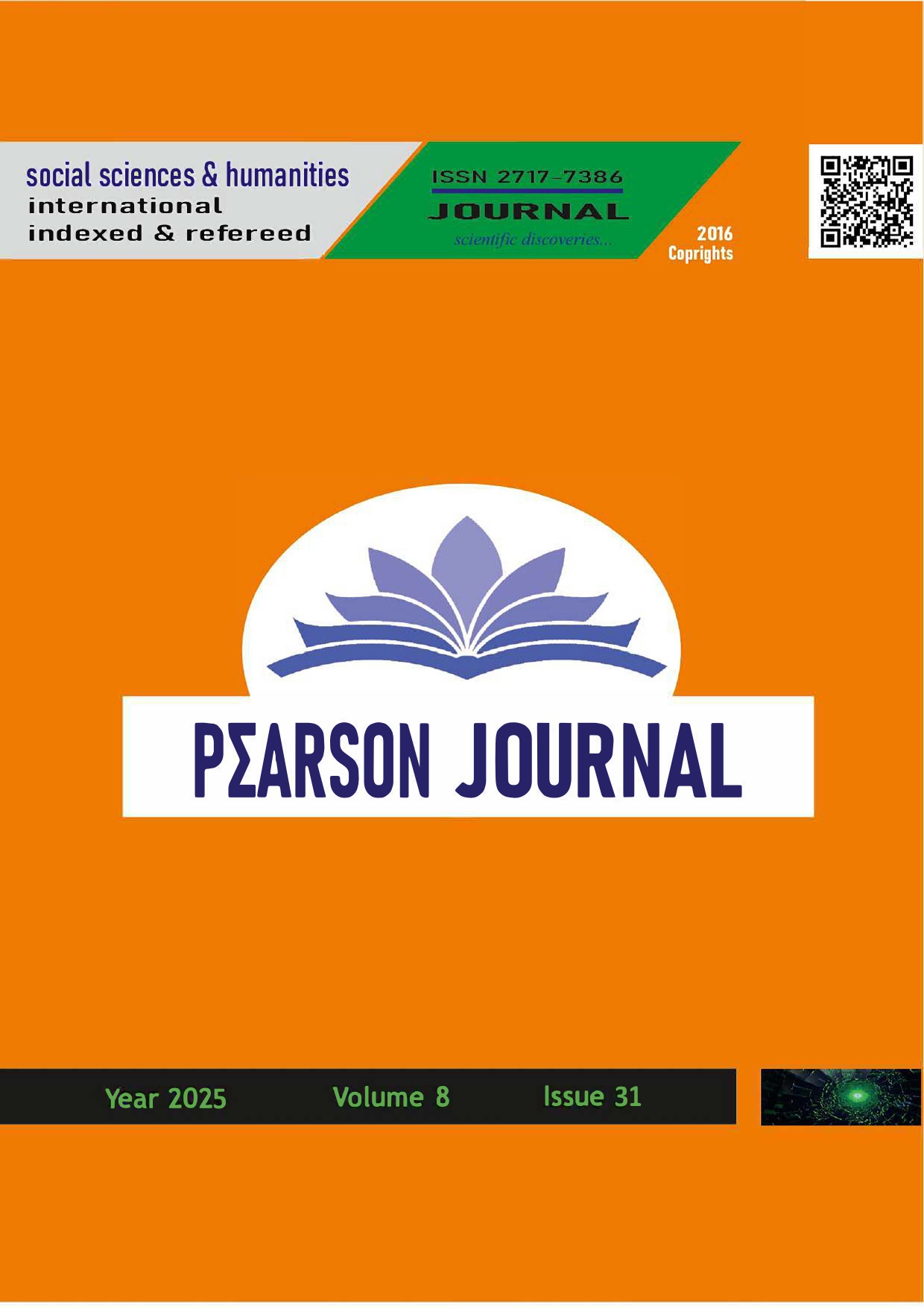Spread of Laissez-Faire Capitalism in The World Since 1980s With Neoliberalism and Transition to Open Market Economy İn Türkiye
DOI:
https://doi.org/10.5281/zenodo.14956334Keywords:
Economic Sociology, Open Market Economy, Institutions, Democracy, Neoclassical Economics.Abstract
Developing countries are forced to choose the most suitable development paradigm in order to modernise, evolve to capitalism and structurally change. Between 1950s and 1980s Structuralist paradigm and Import Substitution Industrialization (ISI) strategies were applied in developing countries. However since the begining of 1980s Export Led Growth (ELG) model and Neoliberal views are popular in the developing world. Since 1980s many social researchers try to investigate the influences of free market economy, institutions and democracy on economic performance. Although there are limited number of sucessful developing countries with good economic performance, there are many unsucessful countries in the global economy. There is no universal formula for developing countries to manage their open economies economic institutions and liberalization policies. Developing countries who can manage globalization policies wisely are sucessful to achieve development and high growth rates. Within this regard, etatist industrialization in Turkey, which had started during 1930s, ended with January 24 1980 economic measures. Since the beginning of 1980s, Turkey is trying to modernize with Neoliberalism that is, Neoclassical economics. In this study, the relationship between open economy, institutions, democracy and economic performance are tried to be explained by using the approach of economic sociology.
References
Berkes, N. (2013). Türkiye iktisat tarihi. Yapı Kredi Yayınları.
Bhagwati, J. N. (2002). “Democracy and development: cruel dilemma or symbiotic relationship?”. Review of Development Economics, 6(2). s. 151-162.
Boratav, K. (2005). Türkiye iktisat tarihi (1908-2002). İmge Kitabevi.
Demirel, T. (2013), Adalet partisi: ideoloji ve politika, İletişim Yayınları.
Hayami, Y. (2003). “From the Washington concensus to the post Washington concensus: retrospect and prospect”, Asian Development Review. Vol. 20, No. 2, s. 40-65.
Kepenek, Y. (2011). Development and structure of the Turkish economy. ODTÜ Geliştirme Vakfı Yayıncılık ve İletişim AŞ.
Kepenek, Y.(2019). Türkiye ekonomisi. Remzi Kitapevi.
Öniş, Z. ; Şenses, F. (2005). “Rethinking the emerging post-washington concensus”, Development and Change, 36(2):263-290.
Pamuk, Ş. (2014). Osmanlı-Türkiye iktisadi tarihi (1500-1914). İletişim Yayınları.
Pamuk, Ş. (2014). Türkiye’nin 200 yıllık iktisadi tarihi: büyüme, kurumlar ve bölüşüm. Türkiye İş Bankası Yayınları.
Saray, M. (2024). Atatürk’ün iktisat politikasında Celal Bayar’ın yeri. Kesit Yayınları.
Varshney, A. (2002). “Poverty eradication and democracy in the developing world”, Background Paper for HDR 2002. UNU-WIDER (United Nations University).
Downloads
Published
How to Cite
Issue
Section
License
Copyright (c) 2025 PEARSON JOURNAL

This work is licensed under a Creative Commons Attribution 4.0 International License.



